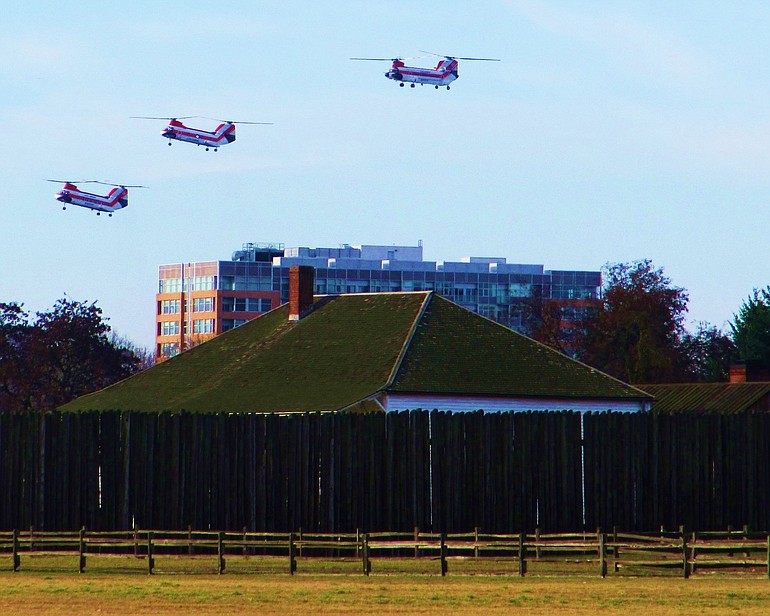It was a whirlwind courtship, with a whirlybird getaway.
In December 1962, Wes and Nancy Lematta were married in a Northeast Portland Lutheran church.
They then skipped across the street to the elementary school yard where Wes had parked his helicopter for the quick flight to Vancouver, kick-starting their honeymoon.
This was no ordinary guy, the second of four sons born to Ed and Hilda Lematta, offspring of Finnish immigrants who had fled North Dakota in 1934 for a fresh start in Brush Prairie.
By that wedding day, Nancy saw in Wes what others would.
Here was a gracious, often humble man devoted to family and his workers, but also a rugged competitor with the knack to anticipate the future.
Many in the large crowd that gathered in Vancouver Jan. 9 to celebrate the life of the helicopter giant, who died last month at age 83, had heard Wes’ own term for success: “luck of the Finns.”



